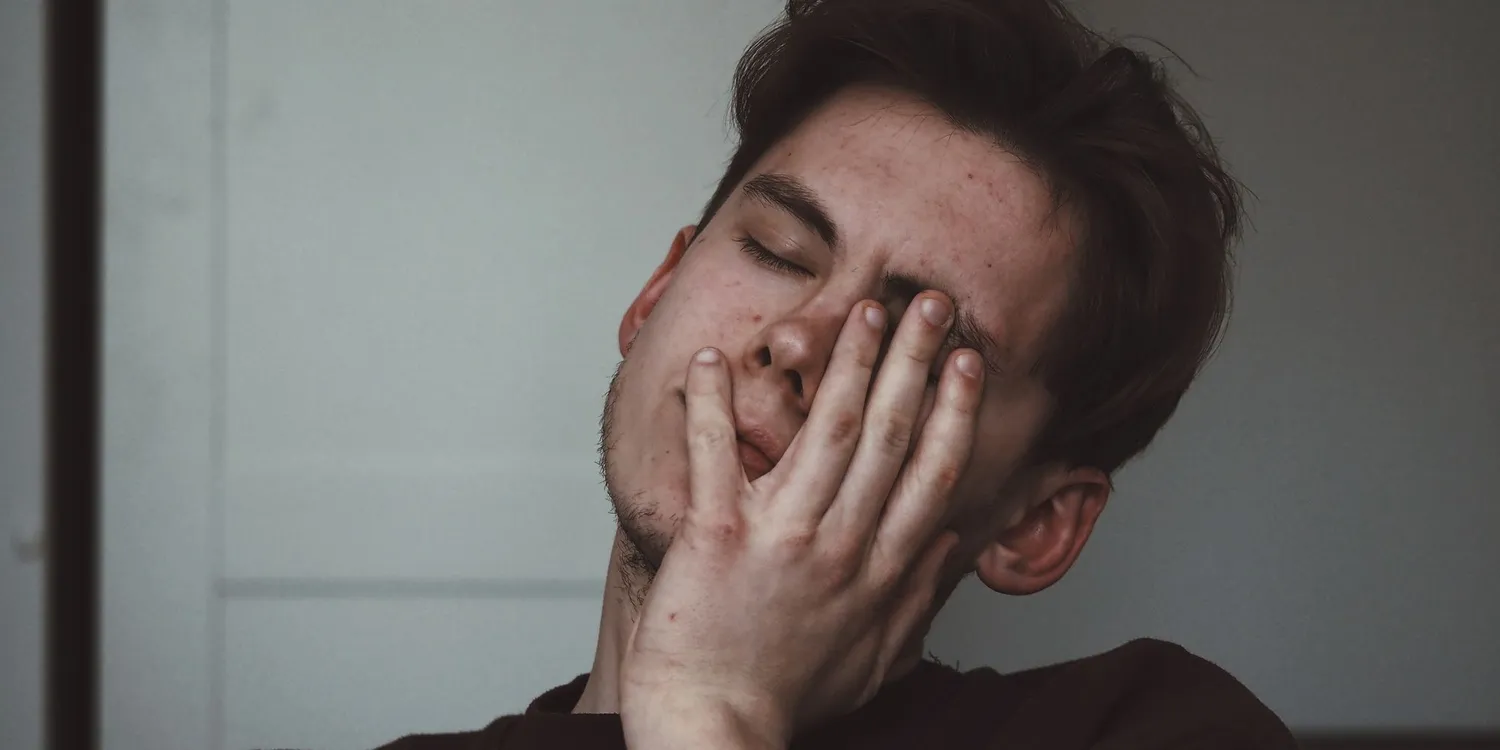07 Jul 2023
Alcohol, Headaches, and Migraines: What You Need to Know
Alcohol consumption is a common part of social gatherings and celebrations for many people. While moderate drinking may not cause any significant health issues for most individuals, some may experience unpleasant side effects such as headaches or migraines after consuming alcohol. We will explore the main differences between headaches and migraines, delve into how alcohol can cause these symptoms, examine the potential links between alcohol and migraines, identify which types of alcoholic drinks are most likely to cause migraines, and offer some remedies to mitigate alcohol-induced headaches and migraines.
What Are the Main Differences Between Headaches and Migraines?
Headaches and migraines are both types of painful sensations in the head, but they have distinct characteristics and underlying causes. From a physiological perspective, migraines are believed to involve abnormal brain activity, while headaches can have various triggers, such as dehydration or tension. Migraines often present with additional symptoms beyond head pain, such as nausea, sensitivity to light and sound, and visual disturbances. On the other hand, headaches typically do not involve these accompanying symptoms and are generally milder in intensity.
How Can Alcohol Cause a Headache?
Alcohol can cause headaches through different mechanisms. Firstly, alcohol is a diuretic, which means it increases urine production and can lead to dehydration if not accompanied by sufficient water intake. Dehydration is a known trigger for headaches in some individuals. Additionally, behavioural changes associated with alcohol consumption, such as neglecting to drink enough water or consuming alcohol in excess, can contribute to headaches. It is important to note that individual susceptibility to alcohol-induced headaches may vary.
Can Alcohol Cause Migraines?
The relationship between alcohol and migraines is complex and not yet fully understood. Some studies suggest that alcohol can trigger migraines in certain individuals, while others find no significant association. Dehydration caused by alcohol consumption is considered a potential factor that may trigger migraines in susceptible individuals. Chemical imbalances, the presence of other ingredients in alcoholic beverages (such as histamine), and individual sensitivities can also play a role. It is important to note that not everyone who experiences migraines will have them triggered by alcohol.
What Types of Alcoholic Drinks Are Most Likely to Cause Migraines?
While the link between alcohol and migraines is not definitive, certain types of alcoholic drinks have been reported to be more likely to trigger migraines in some individuals. Red wine is often cited as a potential culprit due to its higher histamine content. Histamine is a compound that can dilate blood vessels and contribute to headache and migraine symptoms. However, it is crucial to recognise that triggers for migraines can vary greatly from person to person, and what causes a migraine in one individual may not affect another.
How Can You Mitigate Headaches and Migraines Caused by Alcohol?
The most effective way to prevent alcohol-induced headaches and migraines is to abstain from alcohol consumption. However, if you find it challenging to avoid alcohol entirely, there are a few strategies that may help alleviate symptoms:
- Stay hydrated: Ensure you drink plenty of water before, during, and after consuming alcohol to mitigate the dehydrating effects.
- Pace yourself: Avoid excessive drinking and practice moderation to minimise the risk of triggering headaches or migraines.
- Opt for low-histamine drinks: If you are sensitive to histamine, consider choosing alcoholic beverages with lower histamine levels, such as white wine or clear spirits.
- Identify your triggers: Keep a record of your alcohol intake and any associated symptoms to identify patterns and potential triggers. This can help you make more informed decisions about which drinks to avoid.
- Seek medical advice: If you frequently experience alcohol-related headaches or migraines, consulting a healthcare professional can provide valuable insights and personalised recommendations.
How to Get Help with Alcohol Issues?
If you or someone you know is struggling with alcohol-related problems beyond occasional headaches or migraines, it is essential to seek professional help. There are numerous resources available to assist individuals in overcoming alcohol dependency and addressing associated issues.
If you or someone you know is struggling with alcohol-related issues, contact our specialised treatment advisors to get the help you need.
